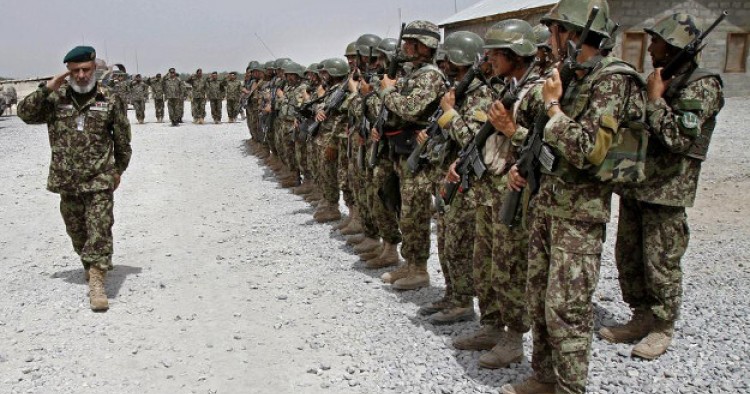Read the full article on The National Interest.
As the United States searches for a strategy in Afghanistan, a near consensus exists that military power alone cannot defeat the Taliban, making a political resolution of the conflict both necessary and inevitable. It is important to deploy more troops to the country, not because that action will force the Taliban to eventually reconcile in a power-sharing arrangement, but because it buys time for the reintegration process to yield threads of success. Theoretically, reintegration will allow for Afghanistan to gradually wean off the Taliban’s mid-level commanders in the leadership council from the Taliban’s hardcore ideologues, which would then make it possible for the country avoid negotiating a political settlement with the terror group.
The Taliban senior leadership remains dedicated to realizing an Islamic emirate in Afghanistan. Although that ideology has evolved over time, it would be unwise to expect the Taliban to compete in democratic elections, take cabinet positions, and respect the rights of minorities and free media. Therefore, a negotiated agreement that incorporates more Islamic values within the country’s constitutional democratic framework—which also somehow preserves most of Afghanistan’s social and economic gains since 2001—is unlikely. The Taliban don’t just seek to gain control over the political system, they want to change it. Had the group simply wanted a share of power, then its leaders would have come to the table long ago. The movement’s ascendant ideologues reject popular legitimacy and democratic accountability, viewing them as placing the will of the people above that of God. Even the Taliban’s so-called pragmatists—those possibly prepared to entertain a political outcome—seem unwilling to compromise on core principles.
The Middle East Institute (MEI) is an independent, non-partisan, non-for-profit, educational organization. It does not engage in advocacy and its scholars’ opinions are their own. MEI welcomes financial donations, but retains sole editorial control over its work and its publications reflect only the authors’ views. For a listing of MEI donors, please click here.












